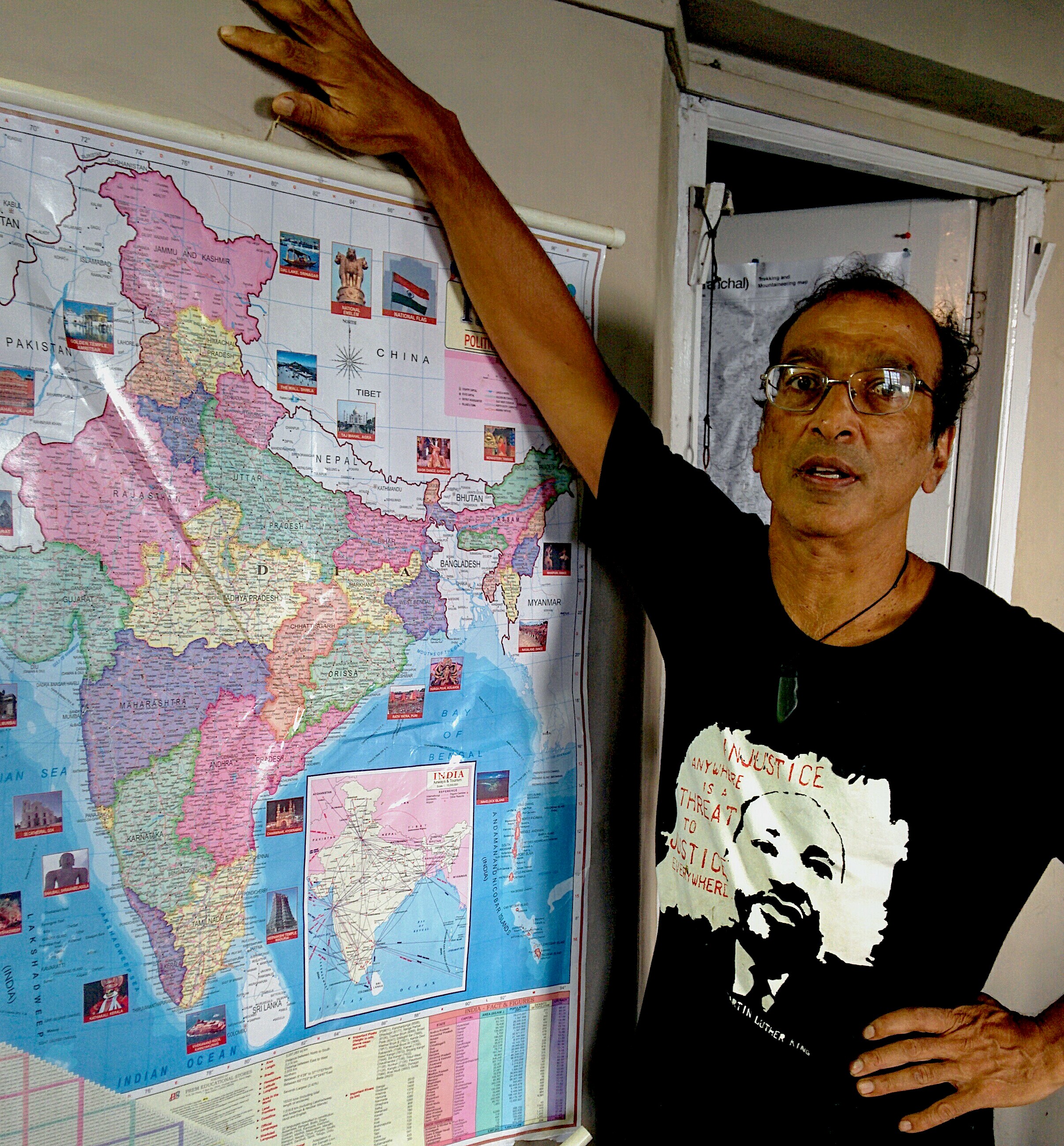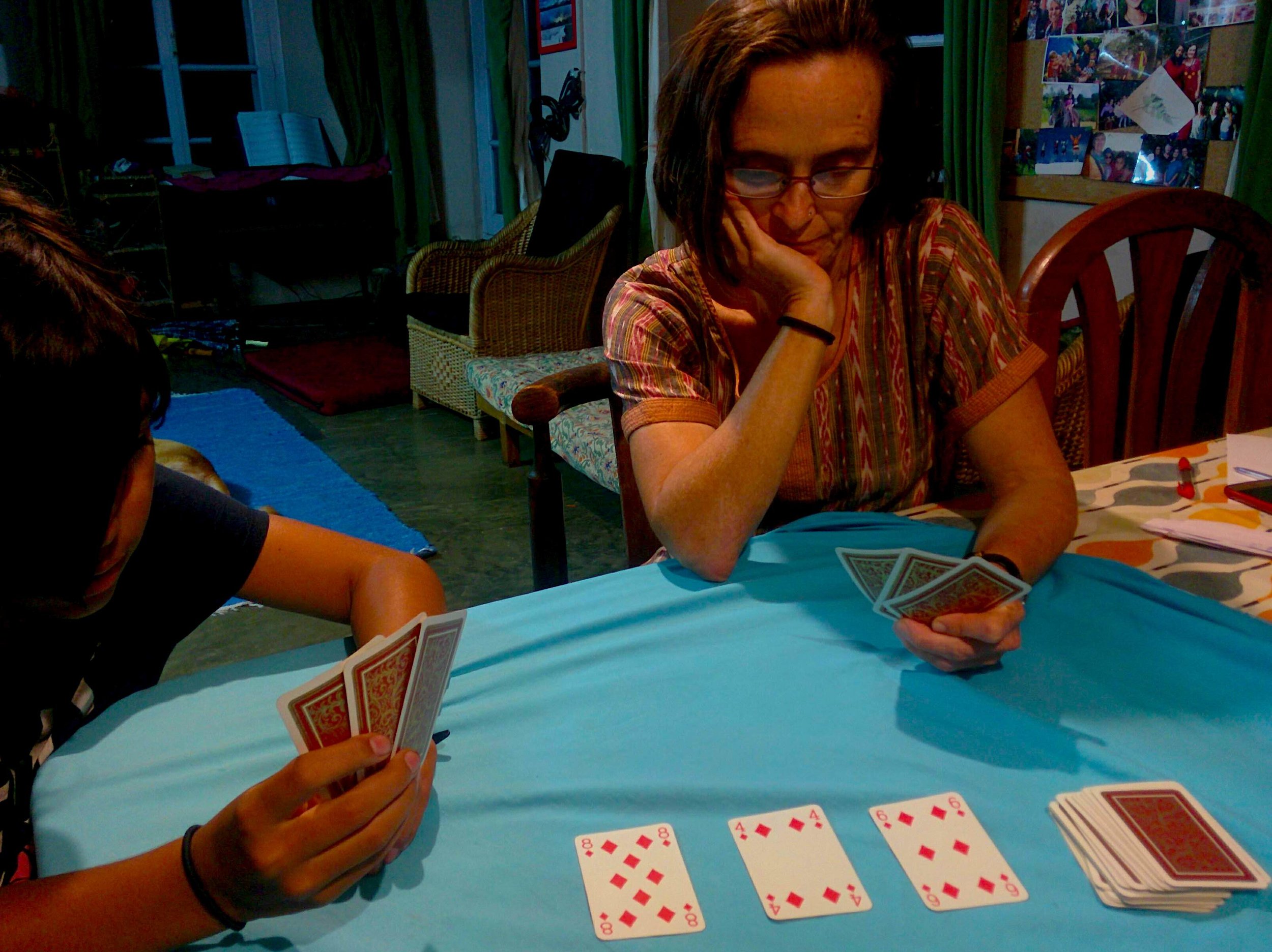“Conservation is always about a mismatch between a human and a biological system”
That is the central theme for a talk on "Conservation as a Social science” I am to give next week. My concept is that every conservation problem is nested in a human landscape and if the dynamics of the biological system do not match the dynamics of that wider human landscape (which almost always happens) one gets a conservation issue. Or more correctly the conservation issue arises when we notice the mismatch between our system and the natural one (which seldom happens). For example whales may be driven to extinction because of the economics of whale meat in the human system, because human societies find it impossible not to overfish the global common that is the sea, because carbon induced melting of the icecaps causes decreased krill or any number of other reasons. Bluefin tuna is a similar example. The headline from today's guardian that one Bluefin tuna sold for half a million pounds in a Japanese fish market (implying a system mismatch is being noticed) caught my eye:
Some of the many issues this raises are:
- The different timeframes biological and human systems operate on. Humans work in days, weeks years, a generation or most likely an election cycle. Biological systems might take hundreds of years to deliver feedback to us.
- The complexity of biological systems means that they change because of human effects in ways that are often not predicted. Climate change is a good (i.e. bad) example.
- Complex dynamics in biological systems mean they may look stable for generations then very quickly collapse. Only then do we notice. Climate change might be a scary example. So too half a million pounds paid for one bluefin tuna. This suggests the fish are perhaps vanishingly scarce yet (?therefore) the human economic system is still offering huge incentives to fish them.
- Incommensurable drivers- e.g. human economics , Buddhist beliefs or pastoral grazing strategies often can’t be mapped directly to say snow leopard breeding. This makes it hard to unravel cause and effect- how would one try to manipulate the human system to preserve snow leopards? Conservationists are always tryingto align incommensurable ( Greek for terms that are ‘not co-measurable’) elements- very difficult.
- Human societal structures which mean short term, local policies that favour local elites might well be adopted over much more sensible long term strategies. Sushi made with bluefin tuna bought at this price can only be eaten by a small elite group of this planet's population.
- Traditions which served human populations well in the past may not be appropriate for the future. One can think of traditional grazing strategies or swidden agriculture which is sustainable with small nomadic populations but not when commercial agriculture arrives. I add western neoliberal economics as an example of an inappropriate tradition. It has served well in the past but simply is not an appropriate basis to plan humanity's futures on. However with World Banks, huge corporations and nations built on it, it is a tradition that is hard to let go of.
There are many more subtleties and nuances to the mismatches between biological and human systems and I look forward to the Nature Conservation Foundation biologists unravelling surprises and dimensions I have not spotted. However today's musing is whether perhaps problems in human development are also system mismatches. These mismatches could be differences in determinants and values, say between India and USA, between high and low caste Indians, between countries that import cheap goods and others that have low paid workers producing in heavily polluting factories (aka a mismatch between the global economy+ those who benefit from it and those who serve it.) It could be a mismatch between a traditional community and the exploited social group nested in that community- its women. It could be the divergence between a group in a village who say the traditional forest should be logged and a school built and those who say to keep the forest. If there are two groups of people and there exists a better way for them all to operate, distribute resources and power, then their systems are not perfectly aligned. If that is true there is an opportunity for development, but all the complexities and issues I listed for human/biological system mismatches operate here too.
This all means a development professional in both conservation and human development needs skills in: awareness of system dynamics , ability to ask the right questions to understand the systems involved, be able to communicate to people within both systems and to have ways of aligning the way different groups of people think when their values are incommensurable. This may be development's greatest challenge, and (for me ) its greatest delight.
Indigenous Cambodians on the remains of a forest they were spiritually connected to. The human systems in which they're nested harvested the forest and their souls- just as it harvests blue-fin tuna.
The example above is taken from a wonderful project I worked with last year whose aim was for "Dignified adaptation" of indigenous Cambodians to a wider human society that rapaciously harvests its timber, brings alcohol and violence, takes land, puts up fences, adds commercialism, builds dams... destroys a culture. Two systems with different values, culture, determinants, drivers and power are colliding. "Dignified adaptation" of indigenous people to a modern culture is "aligning incommensurable values". This superb project was a delight- and challenge- to work with.











